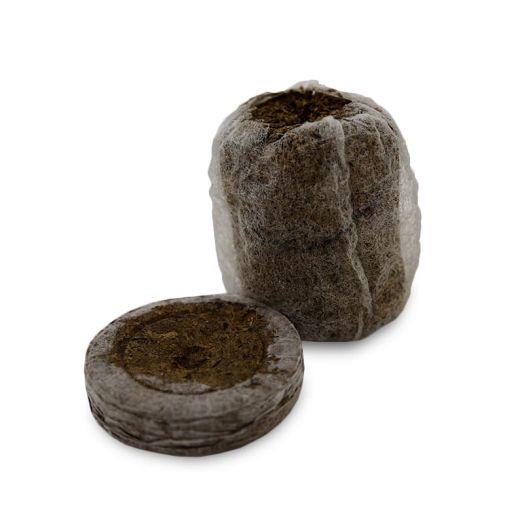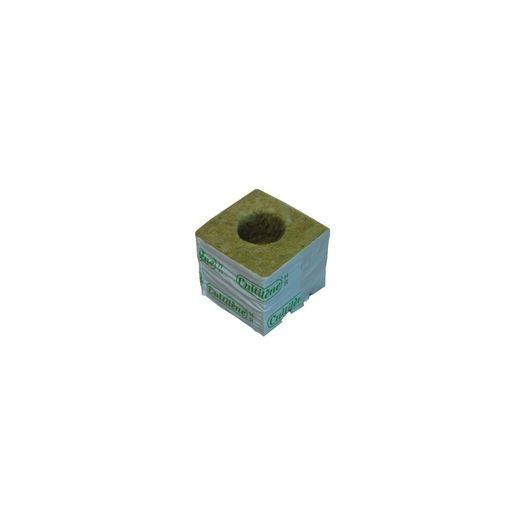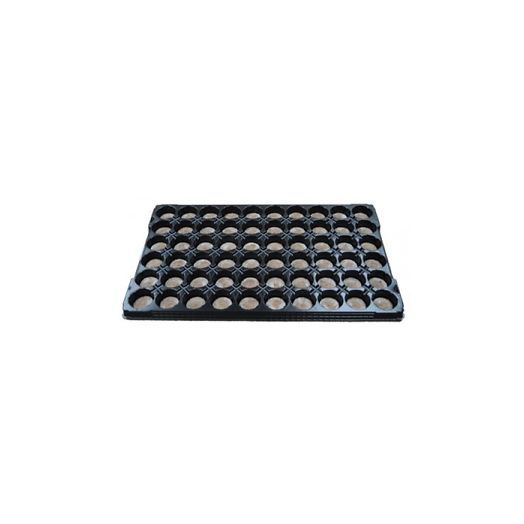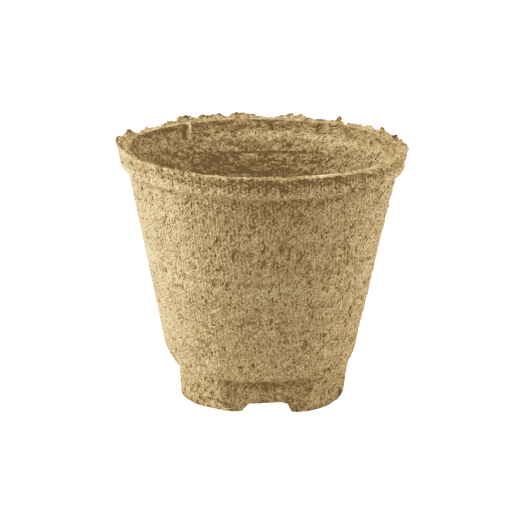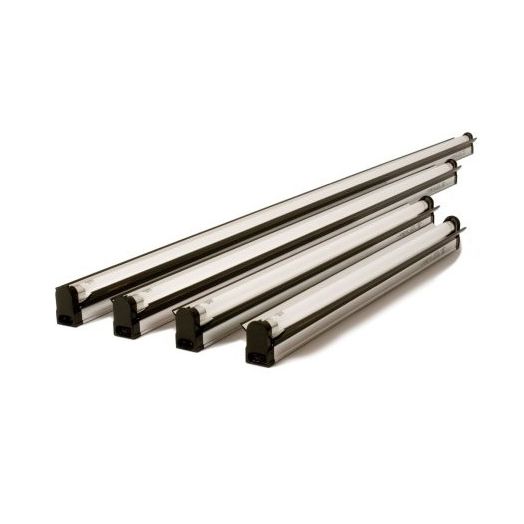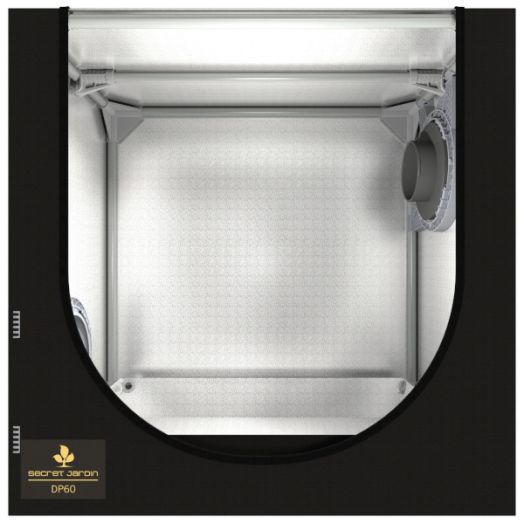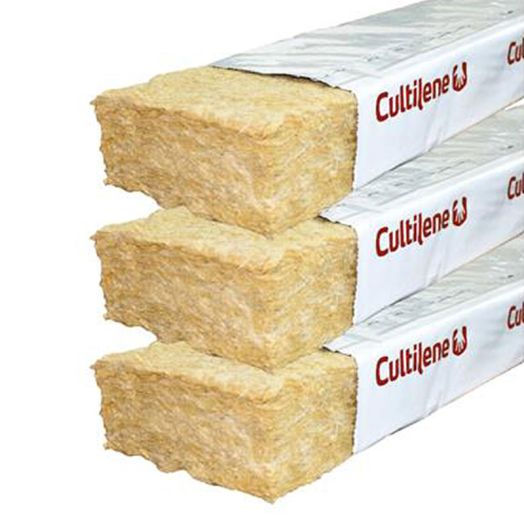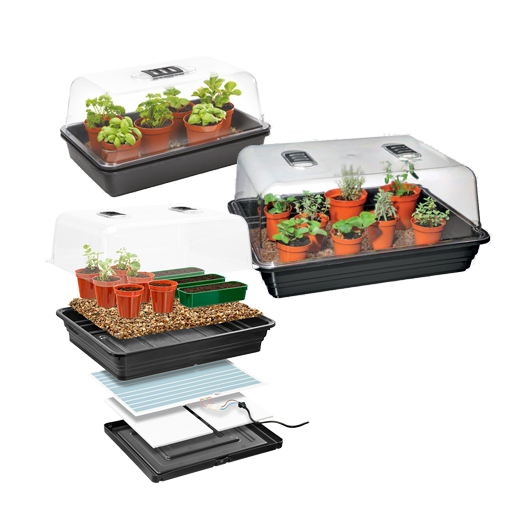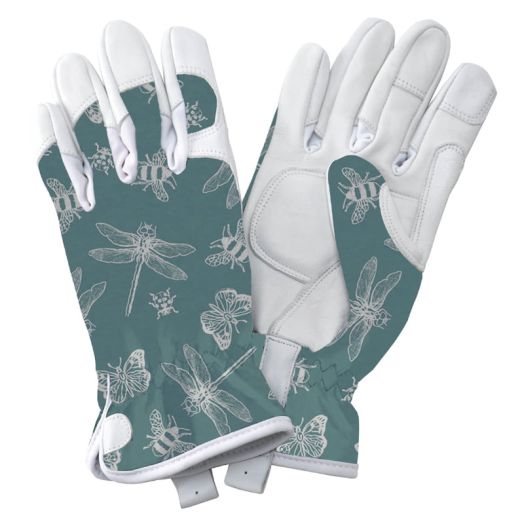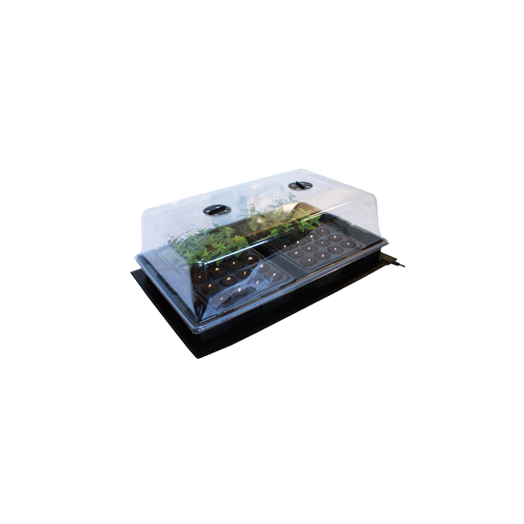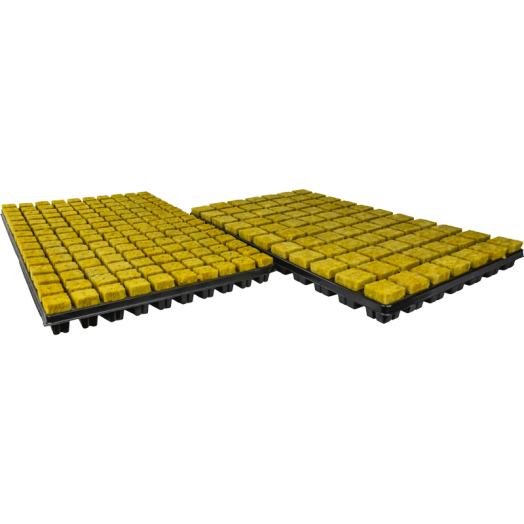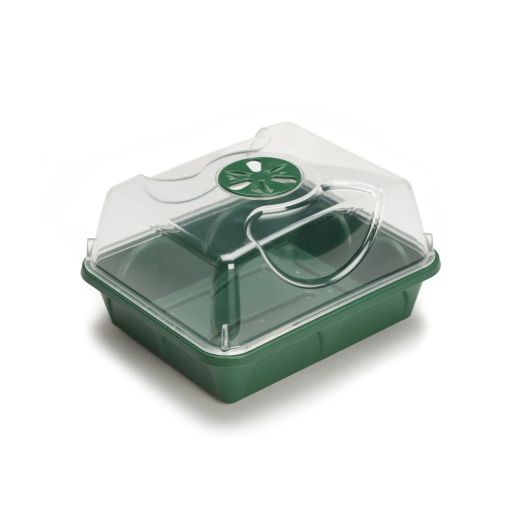Propagation

Different species of young plants have different plant propagation requirements. Ensure a strong start to life for your seedlings and cuttings with the right plant propagation products. No matter if you're growing from seed or taking cuttings from mother plants, the range of propagation products will speed up your process and increase your success rate. For more information on propagation products for your growing space, email us or get in contact with our expert team on 0800 085 7995. There's also a buyers guide below.
Propagation
Propagation is the starting point of new plants from a variety of sources: Seeds, cuttings, bulbs and tubers. Each method requires different techniques to ensure the highest survival rate. Different species of plant will also require different techniques. Most require a propagator to provide a humid, damp and warm environment to promote root growth.
Some propagation techniques such as cuttings utilise asexual means of reproduction, meaning your new plant will be genetically identical to the parent stock. This can be particularly useful in larger operations, as genetically identical stock will have similar growth characteristics, producing a more uniform crop. Uniformity is a large component of optimising your growing environment, since all plants will receive the same amount of light, with none in shade.
Asexually reproduced plants are much more susceptible to pests and disease, since all stock of that variety will have the same resistance or lack thereof to a particular disease - a point documented in the loss of the ‘gros michel’ banana in the 1950’s, which saw disease wipe the variety out globally, now replaced with the cavendish variety we’re all familiar with.
Sexual means of reproduction such as seeds often display phenotypes, where the offspring resembles the traits of one parent more than the other in a sliding spectrum; they could lean towards one of the parents or a combination of the two. Mother nature also sometimes throws us a curveball, where the offspring plants are not representative of either parent due to the variability of genetics and the effects of recessive or dominant genes. These effects are often unpredictable - leading to a variability in offspring that’s not necessarily an issue; e.g. A newly planted chilli could be hotter or more flavourful than either parent.
The best seed breeders will stabilize a species before they bring it to market, so all offspring should be similar (not identical), with a roughly similar growth rate, colour, taste or smell. There will still be subtle differences between plants, the best examples of which are kept back and often compose new varieties or cultivars of that species.
We carry a range of equipment, nutrients and tools to help you get higher success rates during propagation, with the techniques you use depending heavily on what type of plant you’re trying to clone. Look at the various products to get an idea of how each can help facilitate your grow space, email us or get in contact with our team for further information on 0800 085 7995.

